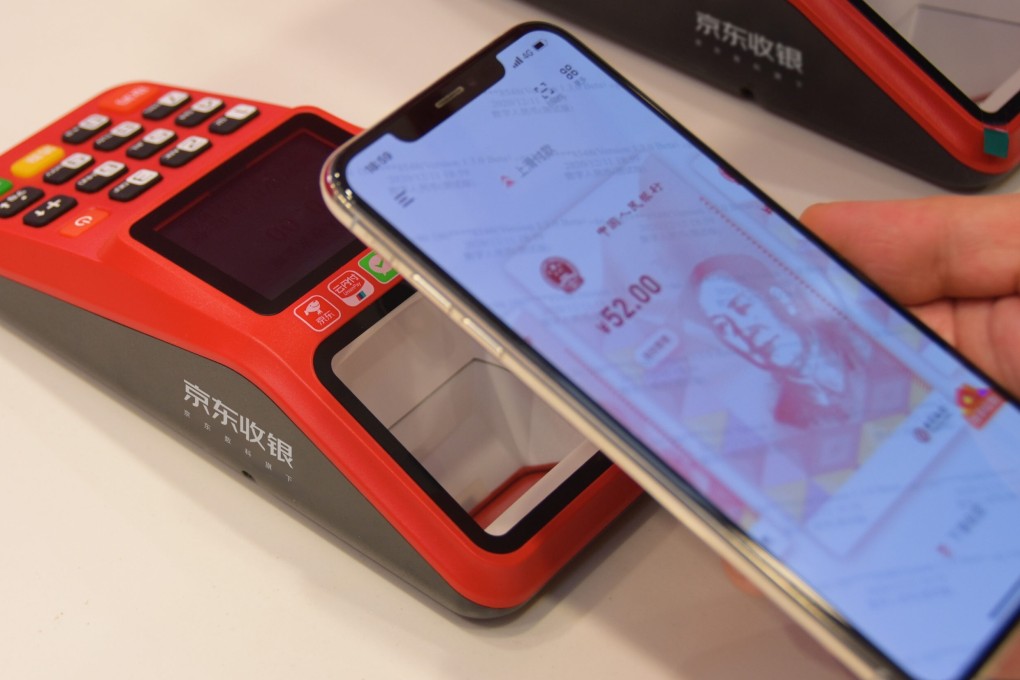China’s SWIFT joint venture shows Beijing eyeing global digital currency use, to internationalise yuan
- Finance Gateway Information Service was registered in Beijing last month with €10 million (US$12 million) as incorporation capital
- SWIFT is the largest shareholder followed by China National Clearing Centre, a wholly-owned domestic settlement subsidiary of the People’s Bank of China (PBOC)

A joint venture between the world’s largest electronic payment messaging system and the department responsible for China’s proposed central bank digital currency is being viewed as a sign that Beijing is exploring the global use of its planned sovereign digital currency and aiding its desire to internationalise the yuan.
Calls have been growing from within China for Beijing to reduce its reliance on the US dollar by increasing the global use of the yuan amid deteriorating relations with the United States.
And while it remains unclear at this stage as to the scope of the joint venture between SWIFT and both the Digital Currency Research Institute and the China National Clearing Centre within the People’s Bank of China (PBOC), the development of the digital yuan could help promote its international use and support the nation’s push to rival the US as a global economic power, analysts said.
[The joint venture is a] compliance update in China in line with that approach that allows us to continue and strengthen our services to support our customers’ business goals in China
“As a global neutral cooperative, SWIFT always acts in the interests of the entire member community,” SWIFT said in an emailed statement to the South China Morning Post.
“We have been part of China’s financial markets for more than 30 years … and, as we do everywhere we operate, we make adjustments as necessary to remain compliant with regulatory requirements.
“[The joint venture is a] compliance update in China in line with that approach that allows us to continue and strengthen our services to support our customers’ business goals in China.”
The PBOC did not reply to request for comment on the joint venture.